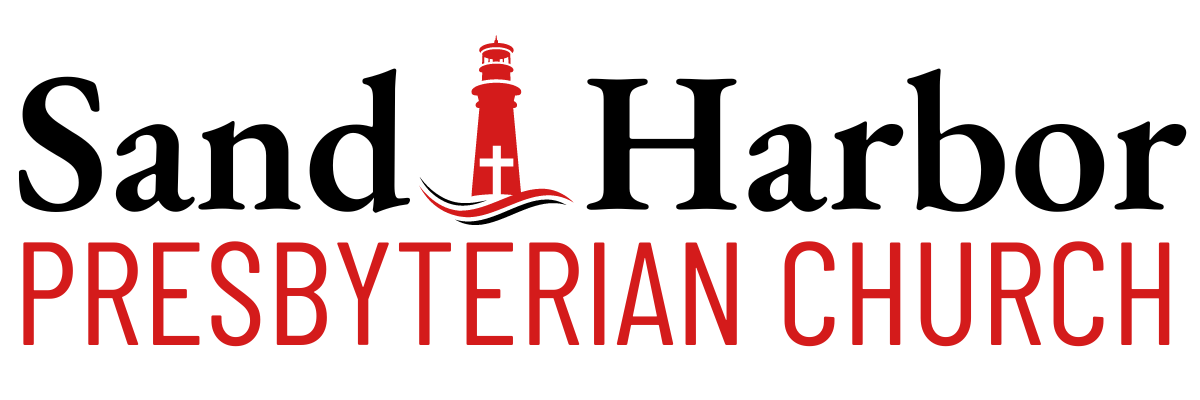There is No “I” in Prayer: Combating Individualism in Our Prayers
Over the past several decades I have noticed that many Christians tend to begin their prayers by presenting their needs. Of course, in some sense, I understand why we naturally turn to petition almost immediately upon entering into prayer. We tend to begin with petitions because prayer reminds us of our deep need for God to sanctify us in our circumstances and save us from our trials. Additionally, our circumstances and trials are often the very thing that drives us to pray in the first place. Thus the tyranny of the urgent has a remarkable way of consuming our intellectual life and our thought patterns. As a result, our prayers, from beginning to end, are often marked by petition.
But the Lord’s Prayer begins in a very different place. Petitions certainly are a part (a major part, in fact) of the Lord’s Prayer, but Jesus does not begin with requests. He begins, instead, by identifying the character of the God to whom he prays while at the same time challenging our individualism in prayer. Jesus does all of this in the first two words, “Our Father.”
The word “our,” at first glance, seems like an insignificant little pronoun. But Jesus is making a tremendously powerful theological point by beginning his prayer with the word “our.” Jesus is reminding us that when we enter into a relationship with God we enter into a relationship with his people. When we are saved by Christ, we are saved intohis body, the church. In fact, this emphasis on our place in the corporate identity of the church is reiterated throughout the prayer. One way to notice this emphasis is simply to read through the prayer and stress each personal pronoun:
“Our Father in heaven, hallowed be your name. Your kingdom come, your will be done, on earth as it is in heaven. Give us this day our daily bread, and forgive us our debts, as we also have forgiven our debtors. And lead us not into temptation, but deliver us from evil.”
Do you notice what is stunningly absent? There is no first-person singular pronoun in the entire prayer! Jesus did not teach us to pray, “My father who is heaven, hallowed be your name. Your kingdom come, your will be done on earth as it is in heaven. Give methis day my daily bread and forgive me my debts as I also have forgiven my debtors. And lead me not into temptation but deliver me from evil.” The point is not to deny our own sins or our own needs, but never to leave ourselves there.
One of the besetting sins of evangelicalism is our obsession with individualism. This obsession with individualism chronically besets us as evangelicals. The first-person singular pronoun reigns in our thinking. We tend to think about nearly everything (including the truths of God’s Word) only as they relate to me. This is why when Jesus teaches his disciples to pray, he emphasizes from the very outset that we are part of a corporate people called the church. God is not merely “my Father.” He is “our Father”—the Father of my brothers and sisters in the faith with whom I identify and with whom I pray.
If we are honest, even many of our prayer meetings fail to take into account Jesus’ emphasis on the corporate character of prayer. Yet we must never lose sight of the fact that even when we pray by ourselves, we must pray with an eye toward and with love for Christ’s church. We must remember the pattern of our Lord’s speech in the model prayer and recall not only the words he used, but the words he didn’t use. The first-person singular (I, me, my, mine) is completely absent from the Lord’s Prayer. Evidently, prayer should not center on you or me.
The problem of overemphasizing ourselves in our prayers reminds me of G. K. Chesterton’s famous answer to a question put forth by a major London newspaper, “What is the problem with the world?” This question was sent to many public intellectuals in Victorian England, many of whom sent back long essays delineating the complexities of everything wrong with the world. Chesterton, however, responded with a simple handwritten note that read, “I am. Sincerely yours, Chesterton.”
What is the biggest problem with our prayers? Perhaps the most fundamental answer mirrors Chesterton’s: “I am.” One of our greatest problems and deficiencies in prayer is that we begin with our own concerns and our own petitions without regard for our brothers and sisters. Many of us falter in prayer because we begin with the wrong word: “I” instead of “our.” Jesus reminds us that we are part of a family, even when we pray. Thus the first word of Jesus model prayer is the word “our.” We are in this together.
To be a Christian is to be a part of the church of the Lord Jesus Christ. By God’s grace we are incorporated into the body of Christ so that our most fundamental spiritual identity is not an “I” but a “we.” This runs against the grain of our fallen state. This also runs against the grain of American individualism—an individualism that has seeped into many sections of evangelicalism. But we must be normed by Scripture. Jesus teaches us to drop the “I’ and start with “our.”
This article is an excerpt from Albert Mohler’s book, The Prayer that Turns the World Upside Down: The Lord’s Prayer as a Manifesto for Revolution.
